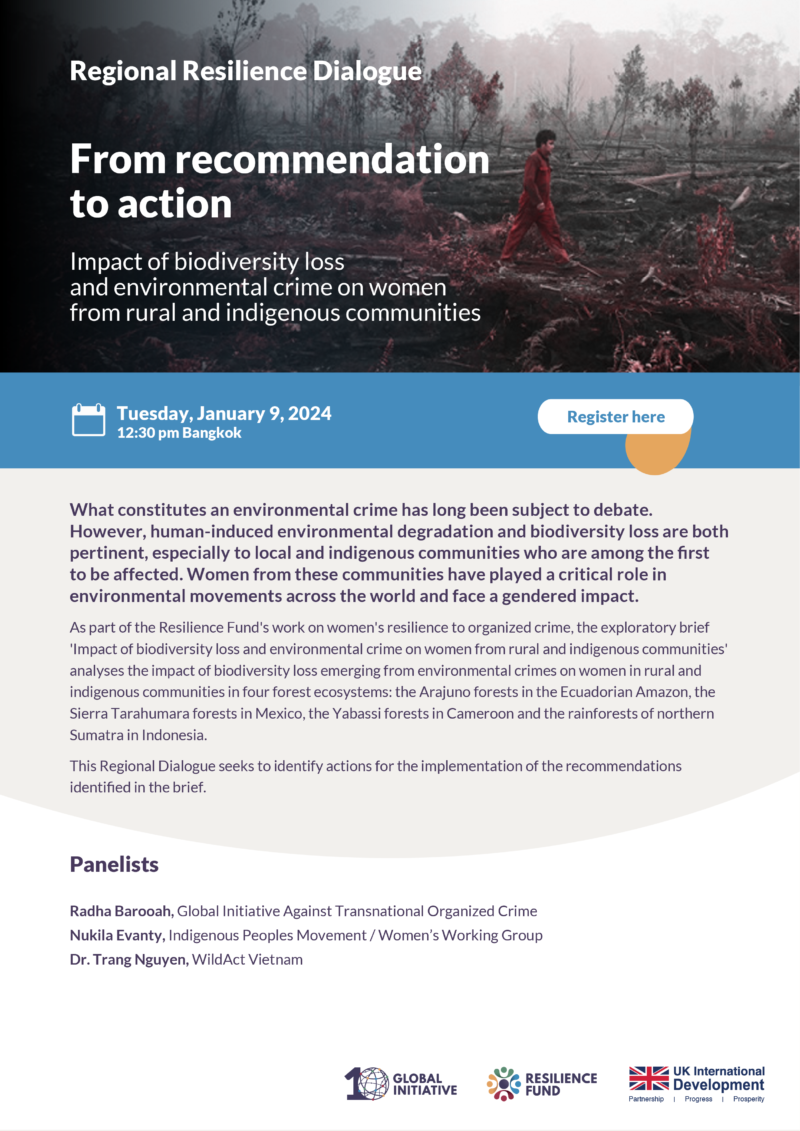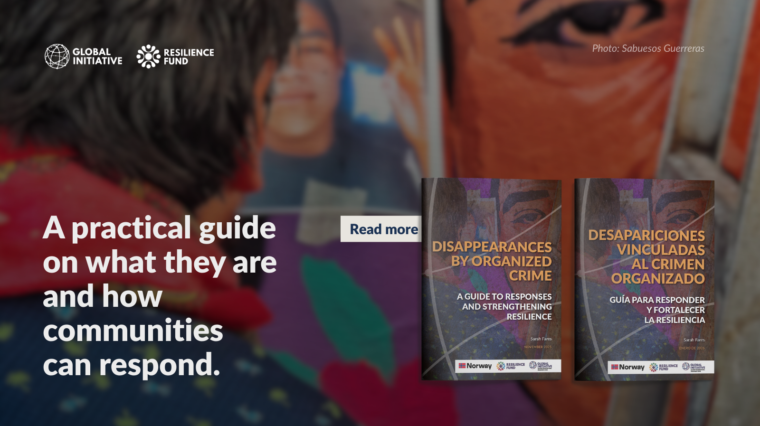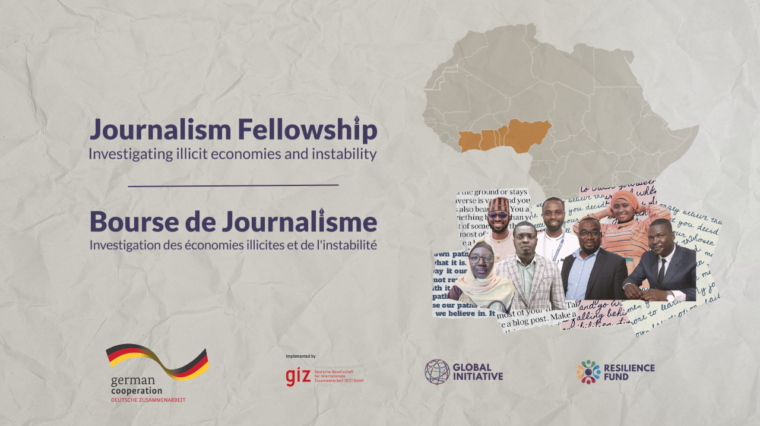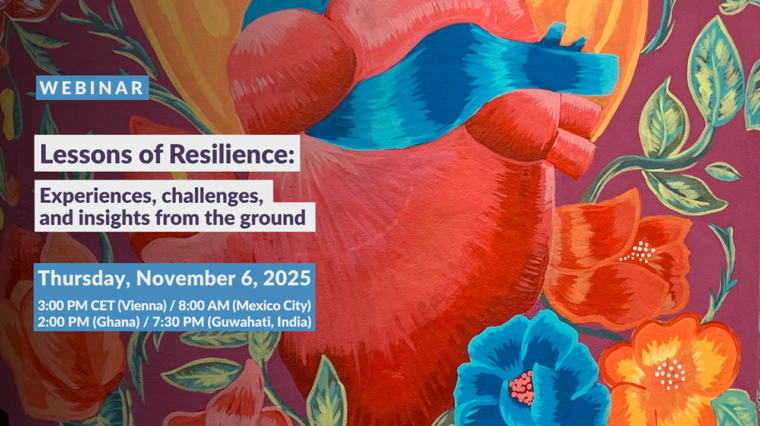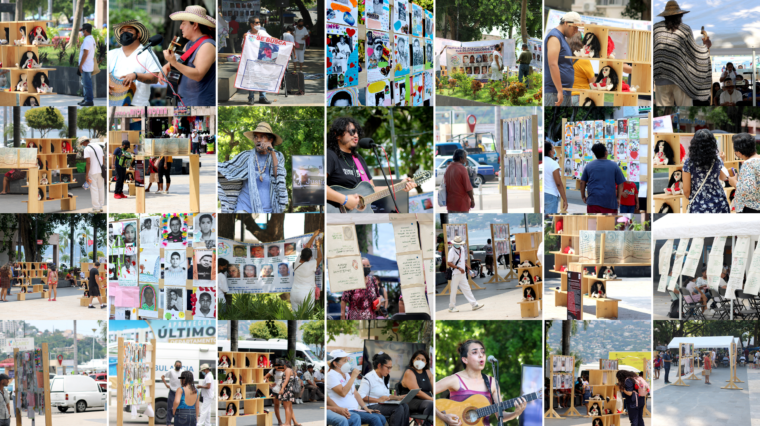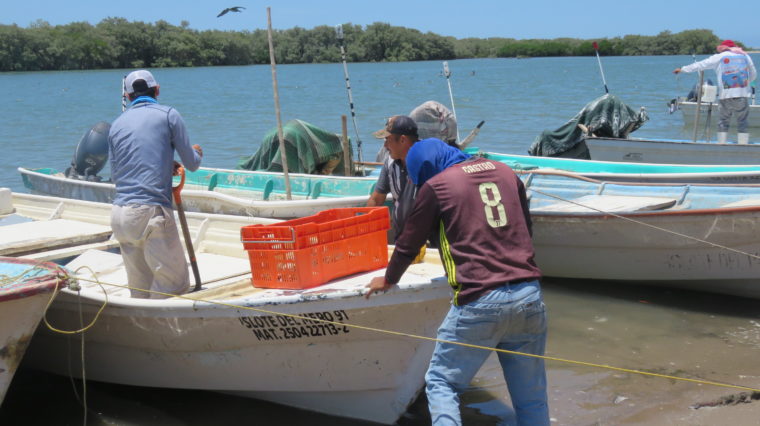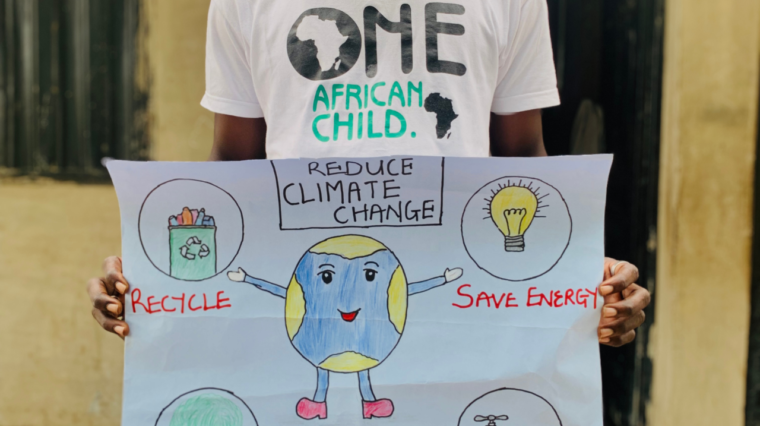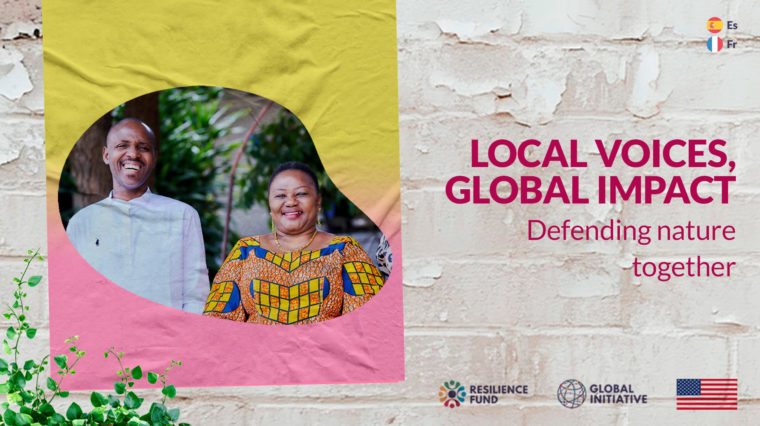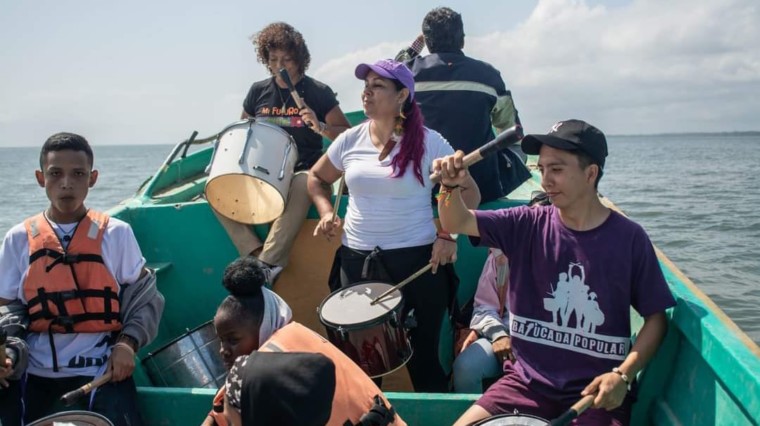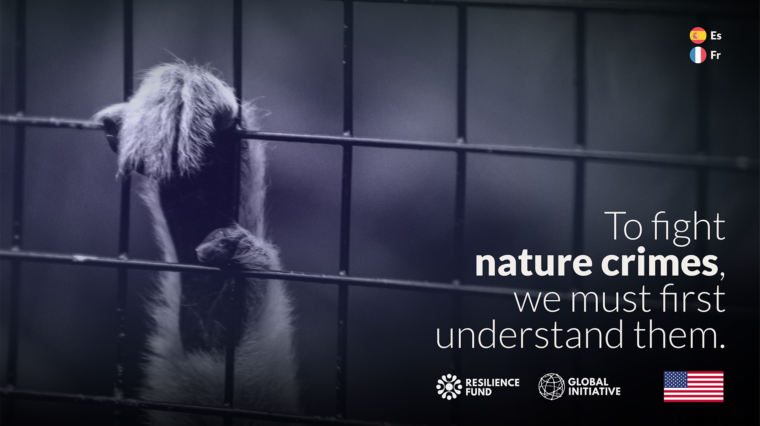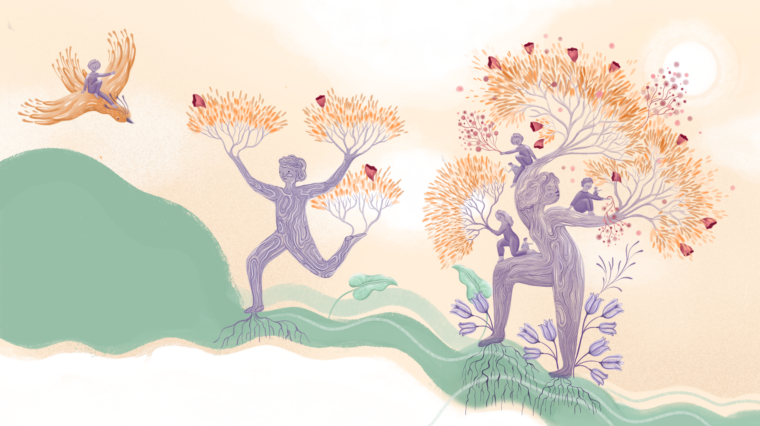Regional Resilience Dialogue ‘From recommendation to action’ Asia
Save the date: 9 January 2024
Published on January 3, 2024
What constitutes an environmental crime has long been subject to debate. However, human-induced environmental degradation and biodiversity loss are both pertinent, especially to local and indigenous communities who are among the first to be affected. Women from these communities have played a critical role in environmental movements across the world and face a gendered impact.
As part of the Resilience Fund’s work on women’s resilience to organized crime, the exploratory brief ‘Impact of biodiversity loss and environmental crime on women from rural and indigenous communities’ analyses the impact of biodiversity loss emerging from environmental crimes on women in rural and indigenous communities in four forest ecosystems: the Arajuno forests in the Ecuadorian Amazon, the Sierra Tarahumara forests in Mexico, the Yabassi forests in Cameroon and the rainforests of northern Sumatra in Indonesia.
This Regional Dialogue seeks to identify actions for the implementation of the recommendations identified in the brief.
Panelists
Radha Barooah, Global Initiative Against Transnational Organized Crime
Nukila Evanty, Indigenous Peoples Movement / Women’s Working Group
Dr. Trang Nguyen, WildAct Vietnam
